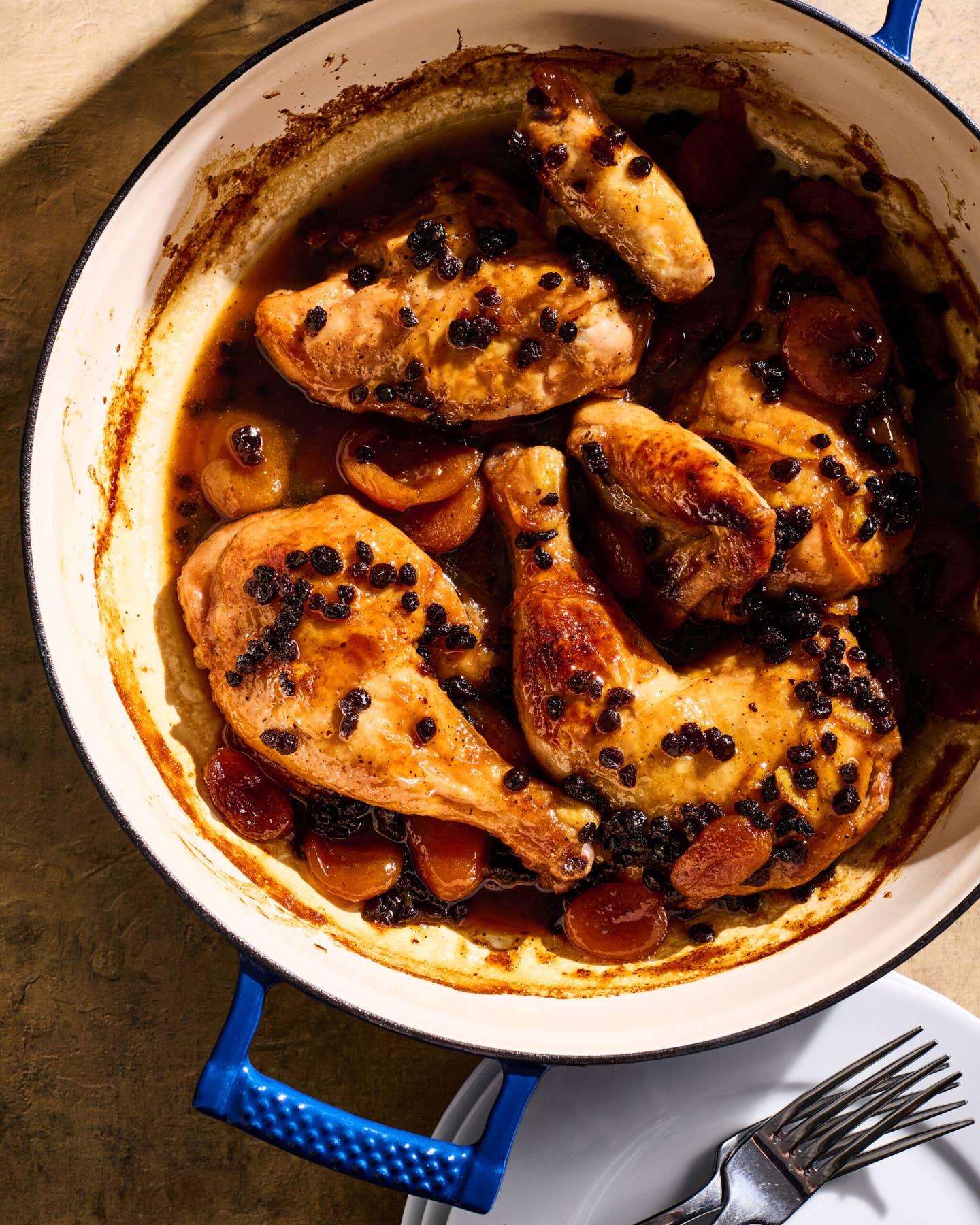
Using All of Salmon’s Parts
1. Take the salmon's belly, for example, the strip of flesh that runs along the bottom of the filet and is usually cut away. It is the fattiest section of the fish and works well in Salmon Tartare; it also takes well to grilling whole.
2. The jewel-like, bright orange roe of the salmon is also delicious, with a sweet-briny flavor that makes it ideal for folding into scrambled eggs. (The roe from chum salmon, called ikura, is especially prized in Japan for its concentrated flavor.)
3. Or consider the salmon's skin; it contains more collagen than the flesh, so it crisps up nicely when fried or broiled. I like to crumble those salmon cracklings over a salad or use the skin for enriching stocks and soups.
4. Because the muscles in the fish's tail work so hard, its meat is especially succulent and flavorful; think white meat versus dark.
5. And don't forget the salmon's collar, the ring of cartilage and flesh connecting the fish's head to its body. I like to put a few of them into a cast-iron skillet, add some olive oil, salt, and pepper, and slide the skillet into an oven or even nestle it directly in the coals of a charcoal fire. After a few minutes, the fish becomes a meltingly tender snack best chased with a cold beer.
Keep Reading
Continue to Next Story










